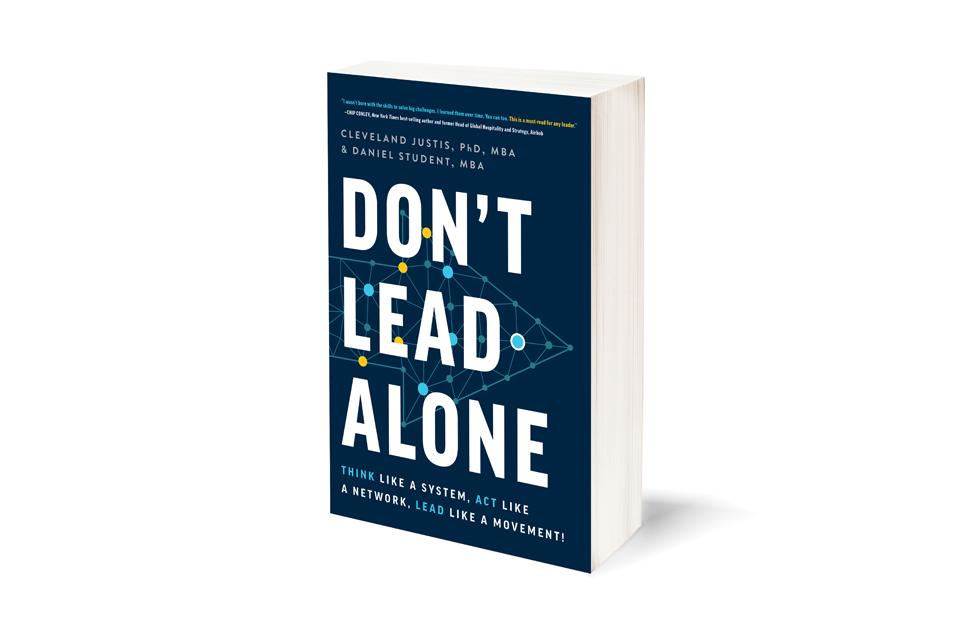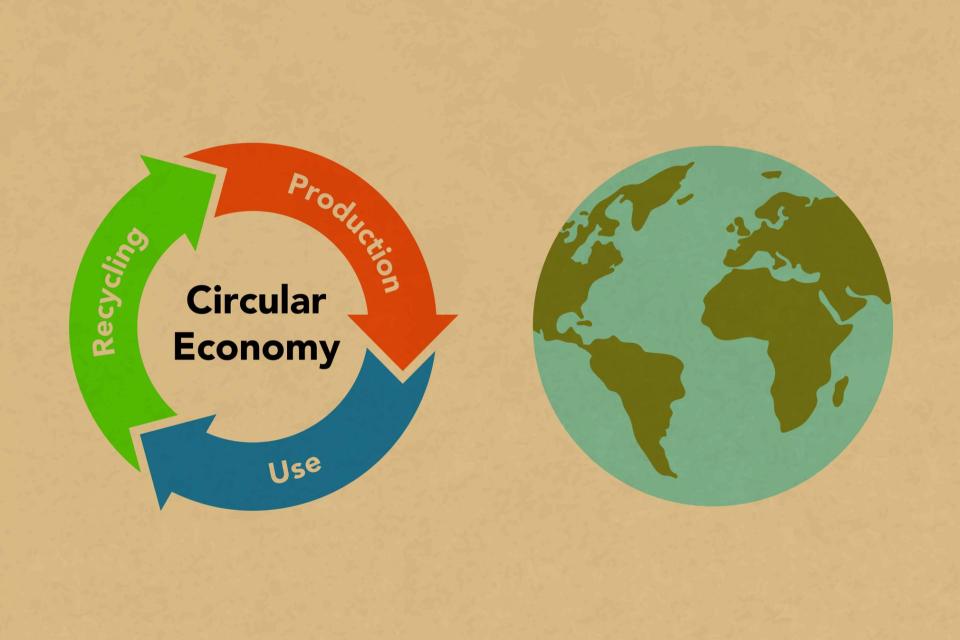Nobody Leads Alone
What co-writing a book on leadership taught me about leadership

It was late in 2022, and the title of the book I was co-writing with fellow UC Davis MBA alumnus Cleve Justis was just not working.
Cleve and I messaged each other some options. I sent some choices to my friends and family. Cleve created polls on Facebook and LinkedIn. Then he asks his students in his social entrepreneurship class. Suddenly, from a person I don’t even know, we have it.
Don’t Lead Alone.
The irony is not lost on me.
Don’t Write Alone, Either
Cleve and I started writing this book in 2020. He had completed his Ph.D. at UC Davis and had begun a draft based on his dissertation research. The topic: the skills he saw in leaders who partnered across government, business, and nonprofits.
While Cleve felt rock solid on the concept, he felt stuck on some of the writing and thought I might be able to bring a new perspective to his work.
At the time, I was working as a contractor for Cleve’s consulting firm, Potrero Group so obviously, I was going to have a hard time saying no to his request. I now work there full-time, so I’m glad I said yes! All jokes aside, there were other important reasons I wanted to help. Cleve is a fantastic leader. He models lifelong learning, deftly recognizes his strengths and weaknesses, and brings people into his sphere who can fill gaps he can’t.
“Strong Opinions, Loosely Held”
Another aspect of Cleve’s leadership style that I appreciate is how he encourages everyone at Potrero Group to provide our clients and each other with “strong opinions, loosely held.” In essence, this means that hearing multiple opinions or approaches to solving a problem will allow the best one to rise to the top. It doesn’t matter who offers the solution. What matters is that it helps.
During our time at UC Davis, Cleve and I both admired Professor Andrew Hargadon’s teachings on what he called recombinant innovation. The idea is that innovators and inventors don’t operate in a vacuum. They bring in collaborators and adapt and build on other great ideas.
Cleve and I took what we learned from Professor Hargadon into the content of the book: how we worked together, and, especially, how we wrote the book together.
Think Like a System, Act Like a Network, Lead Like a Movement
As 2021 progressed, so was our book. We had lots of great content. We had our structure. Sure, we didn’t know our title yet, but we did have a killer subtitle.
Think Like a System. Act Like a Network. Lead Like a Movement!
The idea for the subtitle originated from Cleve and my shared experiences in business, which included our time at UC Davis Graduate School of Management (GSM). Cleve and I have always been very purposeful in meeting people we think are interesting and can offer distinctive perspectives. In fact, Cleve and I met in Gallagher Hall in my very first week of orientation. Cleve came back to the GSM to lead a session on leadership and communication, and I was the brave soul to raise my hand when he needed a volunteer. You never know what will happen in the GSM if you participate!
It was essential to Cleve and me that anyone could learn the skills he had observed from prominent leaders working across sectors. We realized we needed to organize a book of good ideas into a road map for success. Suddenly it was not a book for people working in partnership, but for anyone to learn about what made those leaders do what they do.
In essence, we wanted to take the reader on a three-step journey. First, to understand one’s desired impact and how it fits into a larger picture. Second, to see how to connect one’s work to others and find new collaborators. Third, to bring those collaborators together and move them in a unified direction.
Don’t Lead Alone
One of my favorite ideas from our book is, appropriately, not our own. In the aptly titled Cracking the Network Code: Four Principles for Grantmakers by Jane Wei-Skillern, Nora Silver, and Eric Heitz, the book suggests getting “multiple boats in the water.” In other words, leadership is about how many different boats can make up your fleet, not about being the biggest boat.
If you want to see this concept in action, I also greatly recommend this TED Talk by Derek Sivers called How to Start a Movement. In a full circle moment, this video is now part of the orientation session I lead for incoming MBA, MPAc and MSBA students.
When you write a book, your name ends up under the title, but you don’t do it alone. Ideas and content come from colleagues, editors, researchers, other leadership writers and, yes, GSM alumni and co-authors.
The same could be said for effective leadership.


